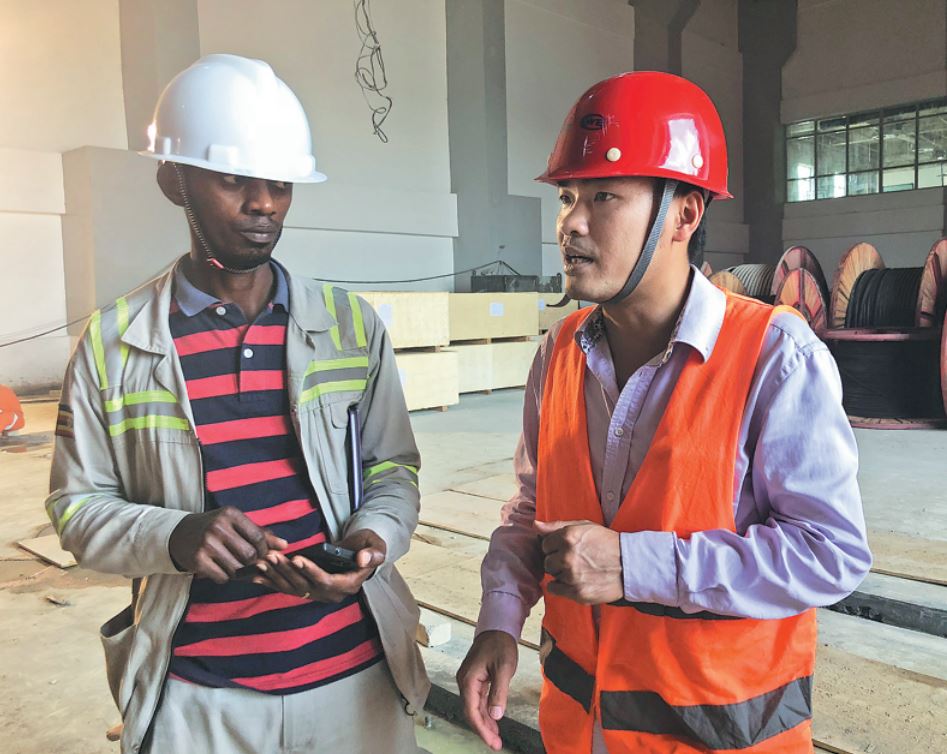Electricity projects set to boost Uganda


In an inspection tour of the Karuma project on Aug 23, Ugandan President Yoweri Museveni commended the Chinese government for enabling the soft loan. He also hailed Sinohydro, the main contractor of the electricity infrastructure, for the good work of ensuring the provision of 600 mW, instead of the initial 200 mW suggested by the other companies.
Museveni tasked local officials with taking advantage of the new power by allocating land for the establishment of industrial parks. He said such parks would ensure value addition for various agri-products and employment for the people, according to a statement from the Ugandan government.
Policy banks, including the China Exim Bank, are essential for infrastructure investments because they can offer loans for more than 15 years, which is very difficult for a commercial bank to do. The loan for Karuma has a term of 20 years, plus a grace period of seven years, Li says.
Sinohydro will probably make some money on the project, Li says, but much of the work involved underground excavation with problems that were impossible to anticipate. But the contract is fixed at $1.6 billion, so Sinohydro cannot raise the price and has to bear the risk. "For this project, the risk is very high," Li says.
Such projects have created jobs and new opportunities for Ugandans.
According to Xinhua News Agency, Zheng Zhuqiang, China's ambassador to Uganda, said during the inspection tour of the construction site by President Museveni: "Over 6,000 Ugandans have been employed by the Karuma project. Local employees account for 13 percent of managers, 50 percent of technical workers and 87 percent of workers. By the end of 2017, more than $150 million had been paid for local procurement of diesel, cement, steel, wood and vehicles."
Denis Rubangakene, a worker at the construction site, told Xinhua that by working under the close supervision of his Chinese instructor, he has gained welding skills. He said he was employed at the site without any working skill qualification.
"I have come to realize that these people do not bother much about certificate and the level of education as long as you can manage to do the work they give you," Rubangakene said, adding that he now has experience and can start his own welding workshop when the construction project ends.
Alice Nikisita, a secretary at Isimba, says her job changed her life. "This has been a good opportunity because it is a job with a monthly payment. It has also given me exposure to the world. China International Water& Electric sent me to Beijing to participate in a singing contest. So I had the opportunity to see the city and to go to the huge Three Gorges Dam."
Lloyd Rutaremwa, an engineer on the Isimba Dam, says the two dams will transform his country in the long term.
"We will have a huge excess of supply of power that we might even supply to outside countries," Rutaremwa says. "Many villages don't have access to electricity, so I'm thinking that in the future they will all have access to electricity. At the moment, there are so many investors coming into the country, and all of them need power to do business."































